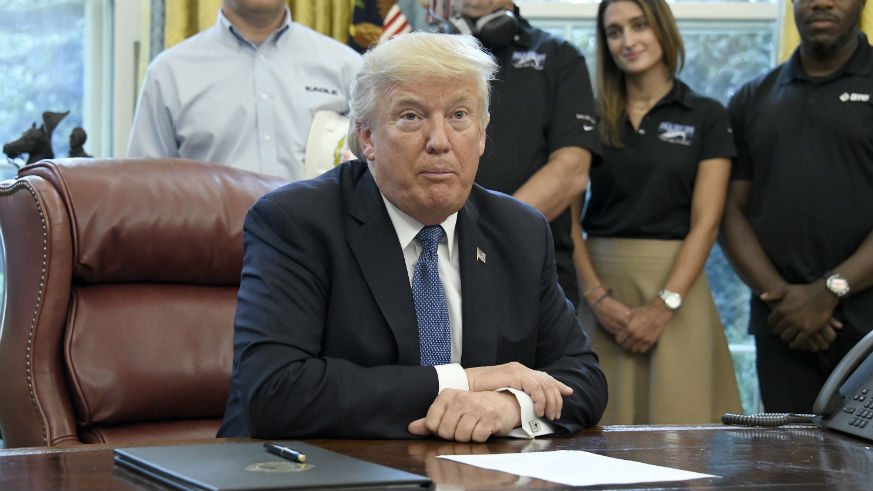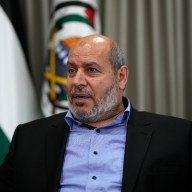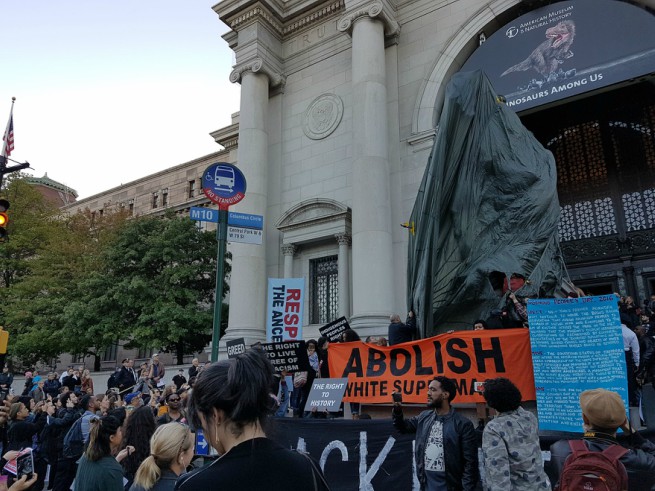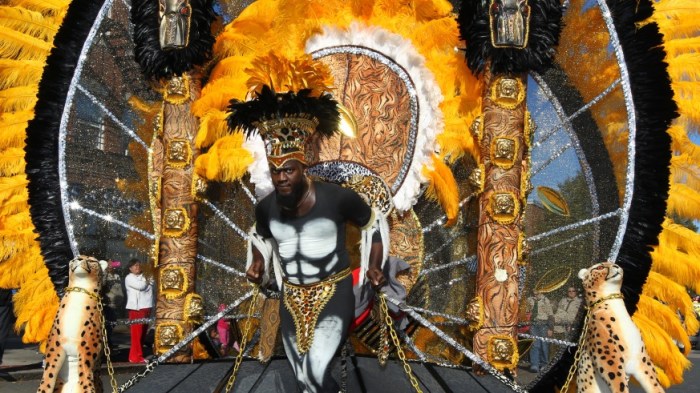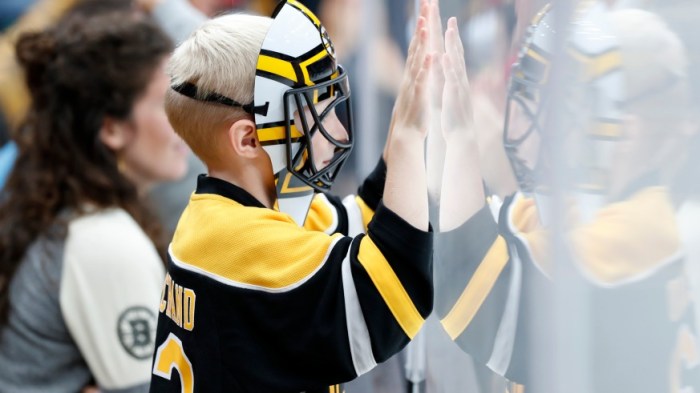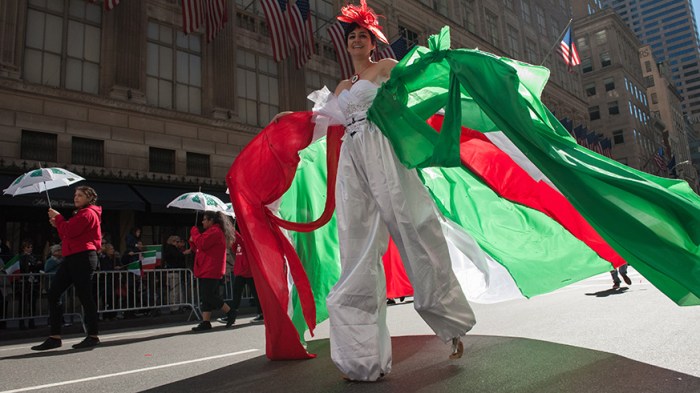Christopher Columbus and Columbus Day, the holiday on which his discovery of the Americas is celebrated, can be contentious issues. Add to that list of today’s controversies President Trump’s Columbus Day proclamation.
Released by the White House this morning, the proclamation not only ignores the history of racial atrocities and injustices that are part and parcel of the founding of America but also raises the question of whether Trump remembers the story of how Columbus discovered the Americas in the first place.
Although, yes, it is historically correct to say that “[t]he permanent arrival of Europeans to the Americas was a transformative event that undeniably and fundamentally changed the course of human history and set the stage for the development of our great Nation,” it ignores the darker turns of history his arrival brought to indigenous people — not to mention the other violence and crimes perpetrated by Europeans on native peoples in the name of claiming what is now the United States in the name of their mother countries.
But even if Trump hoped to gloss over this painful part of America’s history that’s all too frequently swept under the rug and focus on the positive impact Italian Americans have had on this country — there have been many — that doesn’t change the fact that he seems to misremember the discovery story that we all learn as children.
Trump thinks Columbus meant to find America
The proclamation calls Columbus a “skilled navigator,” though the Italian explorer was headed for the East Indies, on the other side of the world from where he ended up. He wasn’t the only one to make this mistake that History.com explains as an underestimation of the world’s size, saying that Columbus and many others were “calculating that East Asia must lie approximately where North America sits on the globe (they did not yet know that the Pacific Ocean existed).”
And then there’s the issue of leaving out entire groups of native people. The proclamation praises Columbus, saying his “courageous feat brought together continents” but it ignores the civilization that was already thriving on this new continent and makes no mention of the threat Columbus brought to it.
The statement also claims that he “inspired countless others to pursue their dreams and convictions — even in the face of extreme doubt and tremendous adversity,” ignoring that the people who faced the most adversity in Columbus’ voyage were arguably the natives whose land was taken by and for people who had no claim to it.
Trump ignored Native Americans on Columbus Day
As previously mentioned, Columbus Day is controversial. Many communities no longer recognize the day as one to celebrate the Italian explorer, reclaiming the day for the people affected by his landing but ignored in the celebrations, calling it instead Indigenous Peoples Day or Native Americans Day.
Trump’s proclamation stands in stark contrast to Obama-era statements that used the day as an opportunity to open dialogue about both the positive and negative externalities of Columbus’ discovery. Obama’s 2016 statement acknowledged the feat of modern exploration as well as how it affected the indigenous people, reading: “we mark this rich history, we must also acknowledge the pain and suffering reflected in the stories of Native Americans who had long resided on this land prior to the arrival of European newcomers.” You’ll find not one mention of Native Americans in this year’s White House proclamation.

